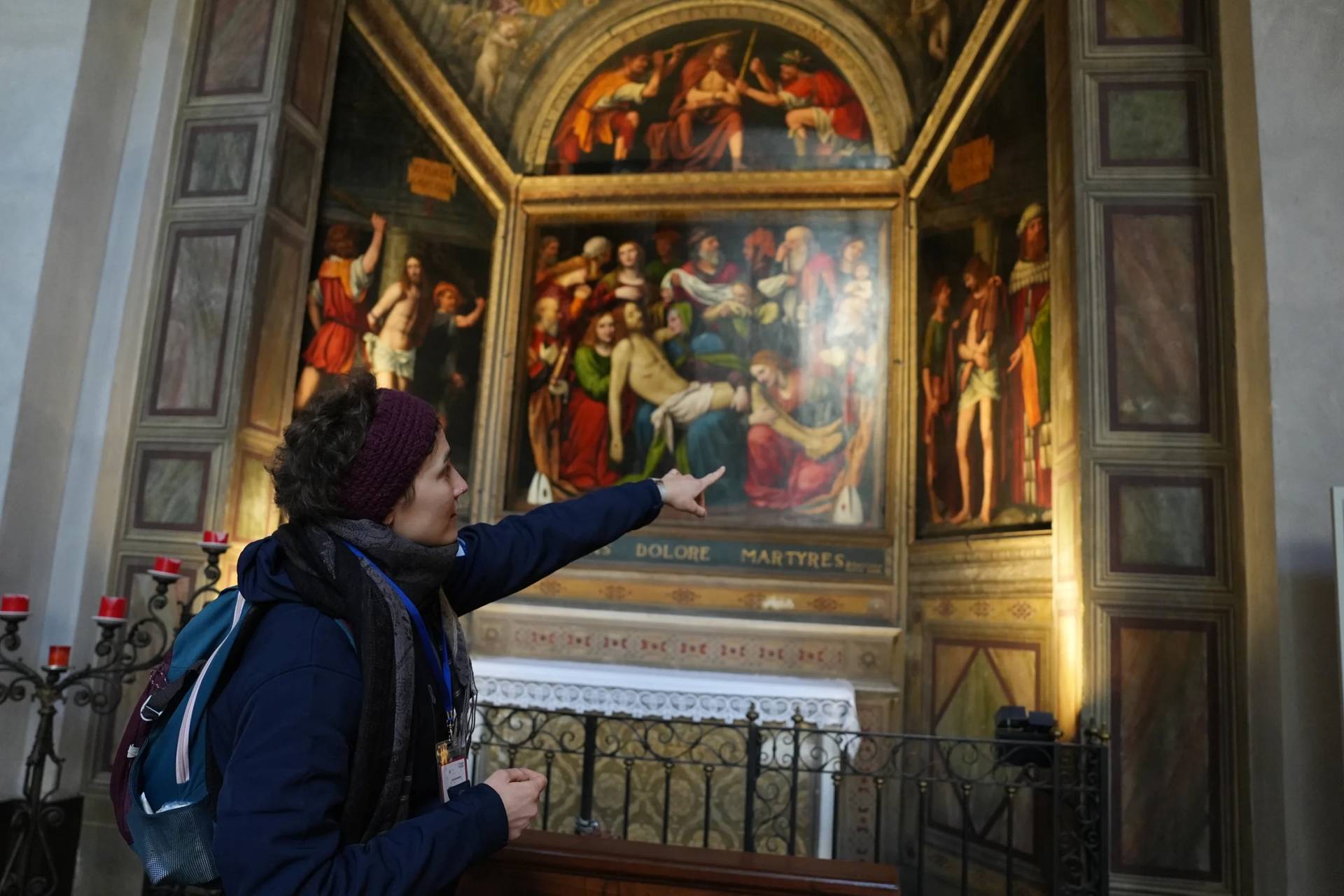KRAKOW, Poland – Theoretically the Catholic Church is in the miracles business, but it’s still hubris to expect them on command. Yet for Pope Francis’s right-hand man on care for the needy, it only took him four days to accomplish what had been, in Italian terms, mission impossible for months.
Polish Cardinal Konrad Krajewski, the papal almoner, managed to persuade authorities in the southern Italian region of Apulia officially to register migrants from a refuge camp on the outskirts of Foggia, the region’s capital city, giving them a tenuous legal status and a claim on public services.
“The pope, after all, has his own authority, and the local government listened to the requests of the Holy Father,” Krajewski told Crux, suggesting it was Francis’s cache and not his own that produced a minor bureaucratic miracle.
“It’s a happy day, [because] those people weren’t treated as humans,” Krajewski said. “In the European Union, even dogs have passports. A cow has a document, otherwise it could not be sold. And those are human beings who were refused documentation.”
In the summer season when local industries have a special need of workers, up to 6,000 people congregate in the Borgo Mezzanone camp, generally surviving without showers, shelter, sanitation and even trash services.
“Now when they were recognized as human beings, they can be officially given showers, which we will build,” said Krajewski, known to friends in Italy as “Don Corrado” and often dubbed “the pope’s Robin Hood.”
Local officials have also vowed that tons of trash will be removed from the camp.
“I told them that if they don’t do it, I will come with trash trucks and remove it myself,” Krajewski said.
According to Krajewski, the governor of Apulia agreed that migrants and refugees who work in the region around the clock, often doing jobs Italians spurn, will be registered under the addresses of local parishes.
“We could register them on the street of the Archangel, that would be the most proper one for them,” Krajewski joked.
The cardinal visited the Italian camp on Sept. 27, just prior to World Refugee and Migrant Day celebrated by Francis on Sept. 29.
“I told them Friday I will move into the camp if they refuse to register those people,” he said, describing his interactions with local officials.
Krajewski said his boss was very pleased by the news.
“He’s particularly happy that a monument of migrants and refugees was unveiled Sunday at the Vatican and, since then, stands at St. Peter’s square,” he said.
That statue, fashioned by Canadian artist Timothy P. Schmalz, has drawn both praise and criticism, with some objecting that it amounts to Francis politicizing one of the Church’s most sacred spaces.
According to Krajewski, however, Francis was thrilled with the result.
“Did you take a look?” he recalls the pope asking. “Go and see, right in the middle of it there is a Holy Family.”
Asked how long the statue will remain in St. Peter’s Square, Krajewski said one shouldn’t expect it to disappear anytime soon.
“This city is an eternal city, and let’s hope the monument will stay here eternally,” he said. “It doesn’t matter whether it matches Bernini’s colonnade, it matches the Gospel.”
Krajewski is a well-known figure in the Vatican. Among other things, he knows the homeless people who congregate around the Holy See by name, and personally serves dinner to them twice a week at Rome’s subway and railway stations.
His name made headlines right before summer when he personally restored electrical service to a building in Rome occupied by squatters, after it had been switched off in an effort to drive the illegal occupants out, in a gesture that technically violated Italian law.
Yet Krajewski is fond of recalling what he told the pope when he was appointed to his position – “I will go to prison for what I do for the poor” – to which he says the pope replied “I will pay you a visit!”












